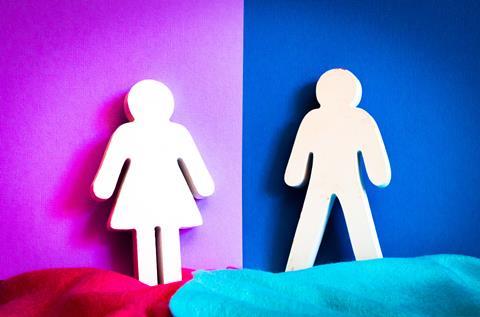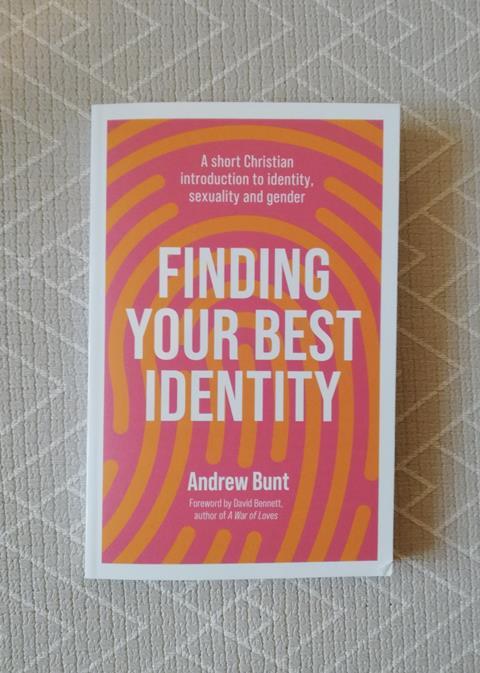As the media is awash with conflicting opinions on sex, gender, non-binary identity and transgender issues, and many people are struggling to find compassionate and biblical answer. Here, author of Finding Your Best Identity: A short Christian introduction to identity, sexuality, and gender Andrew Bunt, explains that there’s another question to ask before we discuss what makes a woman, a woman.

“What is a woman?” is a question that many of us used to assume was quite straightforward. And yet, today, it’s a complex, controversial, and contested. Even some senior politicians have struggled to give an answer over the last year or so. Why has this question become so complicated? It’s because of a popular answer to another question that we often overlook and forget to ask: “How do I know who I am?” Ultimately, being a woman or a man is an identity issue. It’s about who we are.
In western culture today, a popular answer to the question “How do I know who I am?” is “I decide”. And usually our decision is rooted in what we feel inside (“This is who I am because it’s who I feel I am”). In this approach to identity, all that matters is what we find inside. Nothing external – such as our bodies or the opinions of others – matters. The internal trumps it all.
Apply that approach to finding our identity as men and women and you get definitions like “A woman is someone who feels like a woman”. But then you’re left with some pretty big problems; what does it mean to feel like a woman? That’s quite hard to answer when you start to think about it. And defining a word by using that same word creates a circular definition that is basically meaningless. There’s no content to it; it doesn’t actually tell you anything.
If we can’t give a meaningful definition to “woman”, we can’t protect women’s rights.

But if we can’t give a meaningful definition to “woman”, we can’t protect women’s rights. An “I decide” approach to identity strips the word “woman” of any real meaning and leaves us unable to work for the equality, protection, and celebration of women. This is why there have been concerns and controversies over single-sex spaces, sporting competitions, and representation in workplaces and award ceremony shortlists.
So maybe we need a better answer to the question; “how do I know who I am?” As Christians, we have that better answer. Who we are is not dictated by what we feel inside, or what other people think of us; it’s dictated by God. How do I know who I am? God decides. He tells us who we are in how he has made us and what he says in his word.
As Christians, who we are is not dictated by what we feel inside, or what other people think of us; it’s dictated by God.
When it comes to being a woman or a man, God speaks to us about who we are through our bodies. To be a woman or a man is to have been given a body that is structured to play one of two roles in reproduction. That’s why in Genesis 1, our creation as male and female (v.27) flows immediately into the command to be fruitful and multiply (v.28).
This definition gives us a fair, clear-cut basis on which to distinguish between women and men, and therefore a solid basis from which to safeguard women’s rights. It is also important to note that there are some for whom receiving this given identity is difficult, sometimes even painful, and we need to be sensitive to that and come alongside those who might be experiencing distress in relation to this aspect of who God says they are. We do so, trusting that God, our creator and saviour, knows what it best for us. That he is the one who defines us. That it’s God who decides who we are.
Andrew explores these themes in more detail in his new book Finding Your Best Identity: A short Christian introduction to identity, sexuality, and gender (IVP, 2022).

































2 Readers' comments